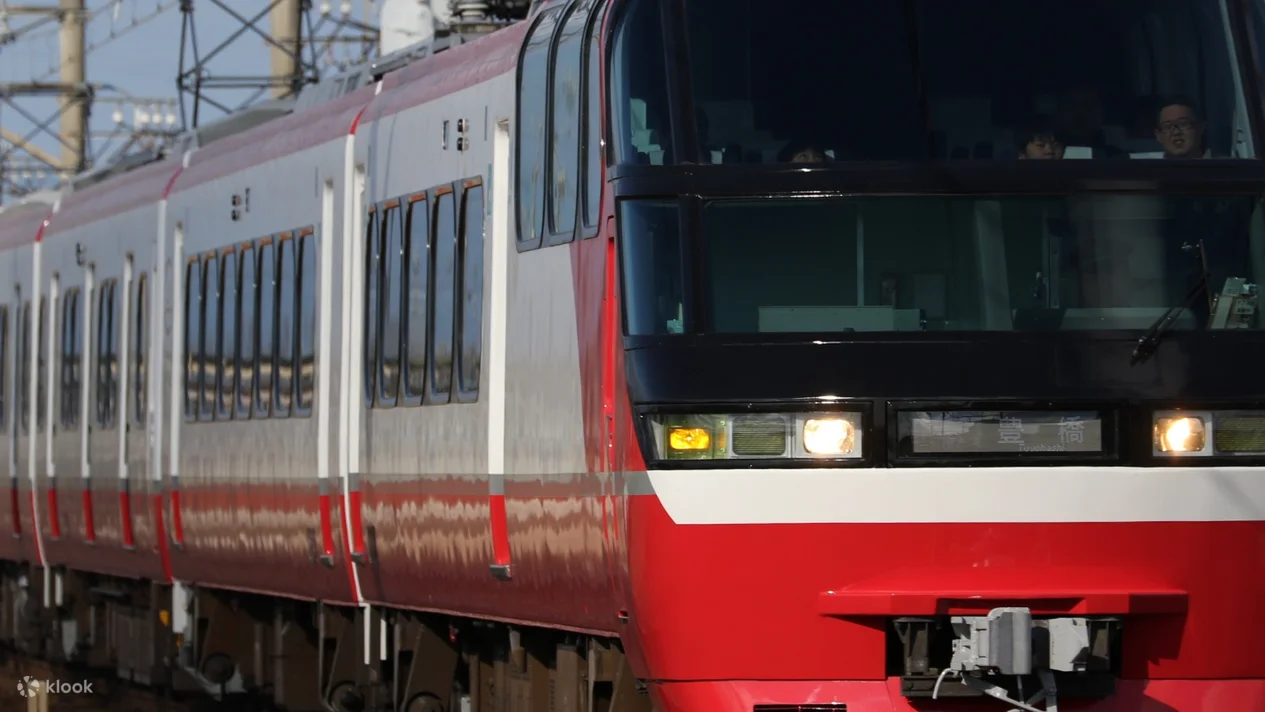Osaka Metro has decided to start commercial operation on June 25, 2023 (Sun) for the new “400 series” EMU that will be introduced on the Chuo Line, which will be the primary access route to the Osaka/Kansai Expo.

Debut delayed by 2 months
On the Chuo Line, which is currently under construction to extend to Maishima, the venue for the Expo, plans are underway to introduce two new train models. One is the “30000A series”, which started commercial operation on July 22, 2022, and has already manufactured 10 trains that will be necessary to increase transportation capacity during the Expo.
Meitetsu Chubu Centrair Airport Express Ticket
Another 400 series will be developed as a new generation train, and 23 trains will be introduced to replace the existing 20 series, which is scheduled to be scrapped, and the 24 series, which will be diverted to other metro lines. Initially, it was scheduled to start operation in April 2023, but its debut will be delayed by about two months. They explain the reason for the postponement, saying, “It requires enough time to adjust the equipment” while testing the train cars for operation.
Taking advantage of the World Expo, Osaka Metro positions the Chuo Line, which leads to Yumeshima, as the stage of “vitality infrastructure.” The 400 series, which leads the concept, is finished as a means of transportation with new functions and high comfort in addition to safety, and the design embodies “fun to ride.”
The exterior has a futuristic design reminiscent of a spaceship, and the glass-like front part has a 3D shape that allows you to enjoy the view from the passenger room. Demonstration experiments of autonomous driving are planned from 2024, and various devices for transmitting information such as operation commands for that purpose are also installed. The appearance is also reminiscent of these advanced technologies and the relevance of apps and MaaS (Mobility as a Service) provided by Osaka Metro.
According to their plan, movable platform fences will be installed at all stations on the Chuo Line by March 2025. The vertical color belts are arranged on the door position on the side of the car body so that the entrance and exit can be clearly seen even through the platform fences. Most of the belts are green, which is the line color of the Chuo Line, but it also incorporates communication elements that change the color scheme according to the equipment of each cars (See the chart below for details such as equipments, the exterior and interior design of the new 400 series EMU of the Osaka Metro).
![[Chart] Equipments, the exterior and interior design of the new 400 series EMU of the Osaka Metro](https://en.wtmnews.net/wp-content/uploads/sites/3/2023/05/16f637ca5b2d40421eb0df3c3faef021.png)
With cross-seats, Wi-Fi and USB outlets
Another feature of the 400 series is that each train contains a cross-seat car, the first of its kind in Osaka Metro, to create a sense of anticipation as the train moves toward its destination. All the fixed seats lined up in the direction of travel are for one person, and the seats are wide enough to ensure personal space. By the way, the boarding doors of cross-seat cars can be identified by the same gray belt as the color of the seats.
In addition, it actively incorporates the latest equipment such as an in-car information system that uses a 21.5-inch wide liquid crystal display, which is the largest ever in their cars, and an air conditioning system that incorporates learning and predictive control. The front cars have a utility space with a USB power port for charging mobile devices, and free Wi-Fi is available in all cars. Safety and accessible features are also taken into consideration, such as security cameras inside the train and a lowered train floor.
In addition, the specific timetable after the start of operation of the 400 series will not be disclosed due to safety concerns such as preventing congestion at stations.








